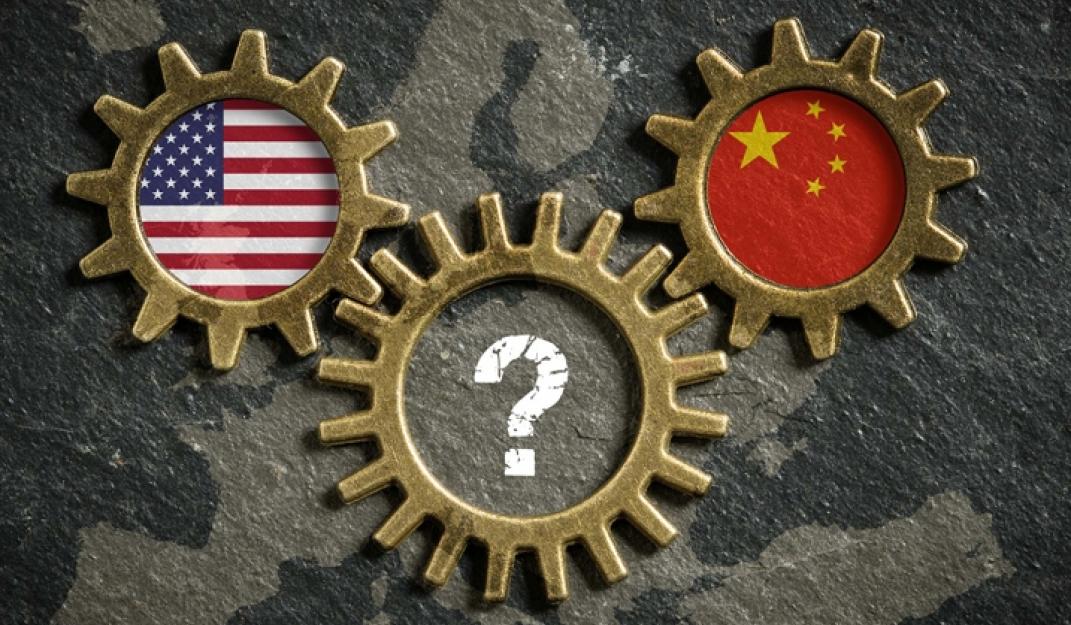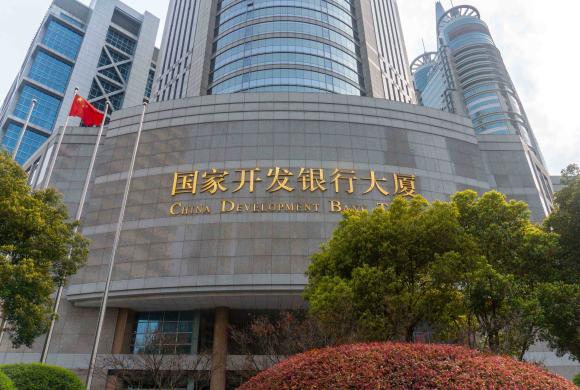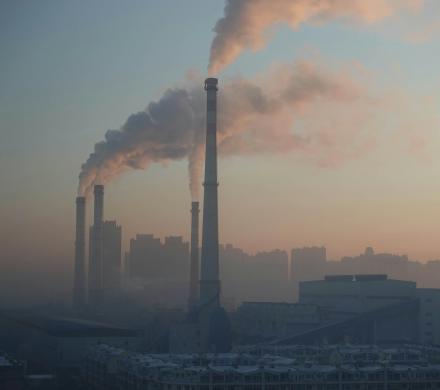#40 Quest for strategic autonomy? Europe grapples with the US-China rivalry

This report is a publication by the European Think Tank Network on China (ETNC), based on analyses of 22 national chapters and one dedicated to the EU. Clingendael contributed the Dutch chapter (p.171).
Executive summary ETNC report
This ETNC report, drawing on 22 national analyses and one EU-wide chapter, highlights how the intensifying US-China rivalry has reshaped Europe’s strategic outlook. Across the continent, the concept of strategic autonomy has gained prominence, with countries increasingly recognizing the need to reduce dependency on external powers in critical sectors such as security, technology, and the economy. Security cooperation with the US has grown, particularly since Russia’s invasion of Ukraine, but fears over transatlantic reliability have resurfaced with the return of Trump and his transactional policies. Simultaneously, concerns about China’s role in enabling Russia’s war efforts in Ukraine has amplified anxieties in European capitals about Beijing’s broader security implications.
Economic security has emerged as another priority, spurring more coordinated EU-level responses and national regulations. However, approaches remain fragmented: while some countries are reassessing dependencies on China and the US, others remain cautious or reluctant. China continues to be seen as a crucial economic partner despite rising trade tensions and a growing trade deficit. Meanwhile, US protectionism and Trump’s potential foreign policy trajectory raise new uncertainties, prompting a reassessment of Europe’s long-term economic strategies. Overall, the report identifies a trend toward growing distrust of US reliability, a pragmatic but selective approach to engaging China, and an increasingly deliberate pursuit of European strategic autonomy.
Chapter 'The Netherlands: Open but protective in managing US-PRC competition'
The Netherlands is strongly affected by US-China competition. It relies on the US security umbrella, but uncertainties under the second Trump administration led to increasing unease in the Netherlands. As a highly open economy that relies heavily on trade, the Netherlands has deeply integrated trade relations with both the US and China. To illustrate this economic openness: the ratio of exports and imports over GDP in the Netherlands was 177% in 2023, one of the highest in the world. As such, it feels the geopolitical pressure that comes with strategic dependencies on both China and the US, particularly in key areas such as advanced semiconductor manufacturing equipment. Here, it has faced pressure from the US to restrict exports to the PRC, and pressure from China to maintain exports.
In recent years, the Netherlands has tried to balance its transatlantic commitments with pragmatic engagement with Beijing. Despite government changes in 2022 and 2024, Dutch policy toward China has remained consistent over the last five years. It is guided by the official principle of ‘open where possible, protect where necessary’. The Netherlands sees the EU as the most important forum for effective China policy and seeks to collaborate with other likeminded countries where relevant. Overall, the shifting geopolitical climate has led to a greater emphasis on security and strategic autonomy vis-à-vis both China and the US.

Clingendael Institute
Clingendael is an independent think tank and a diplomatic academy, based in The Hague - City of Peace and Justice. We aim to contribute to a secure, sustainable and just world through our analyses, training and public debate. We work with partners across public and private sectors, including policymakers, members of the armed forces, diplomats, politicians and business executives.




